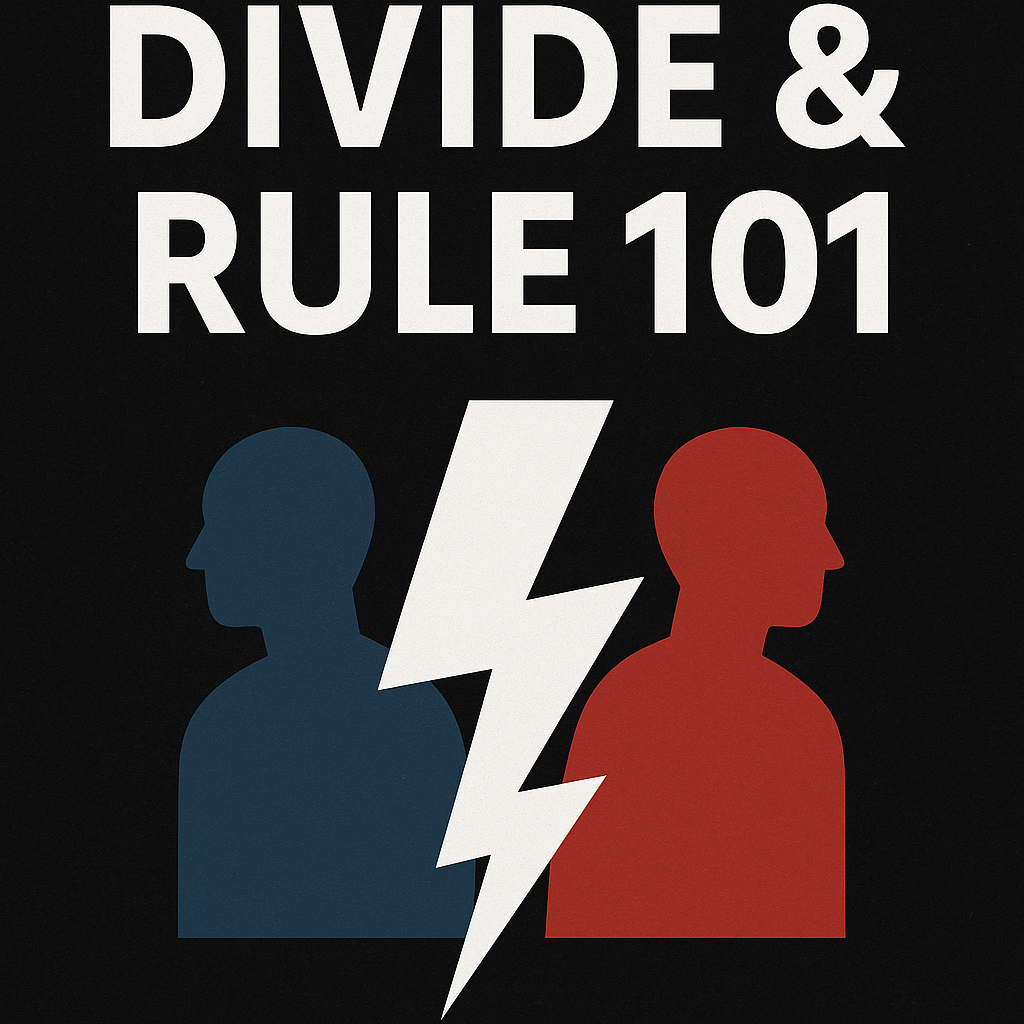Editor’s note: This article summarizes claims described in the segment provided. Many assertions remain unproven in court. Where individuals are mentioned, treat them as allegations; several have issued categorical denials.
The Book That Would Publish “No Matter What”
Kim Iversen’s segment centers on Virginia Giuffre’s posthumously released memoir, Nobody’s Girl: A Memoir of Surviving Abuse and Fighting for Justice. Iversen says Giuffre insisted the book be published “no matter what,” and that its most disturbing passages renew calls to release government-held Epstein records.
The memoir, as portrayed in the segment, blends specific descriptions of abuse with anonymized labels—“billionaire 1,” “prime minister,” “former U.S. senator,” “soon-to-be governor”—while naming Prince Andrew outright. Iversen argues the anonymization likely reflects legal caution, noting Giuffre has named some figures in prior depositions and interviews.
A “Sadistic Prime Minister”: The Central, Anonymized Allegation
- The episode: Giuffre describes meeting an unnamed prime minister on Little St. James around 2002. She recounts a violent attack—choking to unconsciousness, bleeding, days of pain—followed by a plea to Jeffrey Epstein not to send her back. In the memoir’s account, Epstein allegedly replied: “You’ll get that sometimes.”
- Why no name in the book? Iversen says Giuffre wrote that she feared retaliation and that major outlets have not definitively identified the individual in the memoir text itself.
Iversen’s inference (with denials)
Iversen connects the memoir’s timeline and prior public claims to Ehud Barak, former prime minister of Israel, stressing that Barak has repeatedly and emphatically denied any sexual misconduct or knowledge of Epstein’s crimes. The book, as described, does not print his name.
The Billionaires—Numbered, Not Named
- What the memoir describes: Giuffre says she was trafficked to multiple billionaires, including group encounters, particularly on Little St. James. The text uses placeholders rather than names.
- Who Iversen thinks they might be: Drawing on earlier filings and reporting, Iversen suggests likely matches for “billionaire 1/2/3” could include Glenn Dubin, Thomas Pritzker, and Leon Black (she also mentions Michael Ovitz as a flight-log figure).
- Each of these men has publicly denied Giuffre’s allegations.
U.S. Political Figures—Also Masked
- “Soon-to-be governor of a western state”: Iversen points to Bill Richardson (elected New Mexico governor in late 2002), whom Giuffre previously accused in a deposition; Richardson denied the accusation.
- “Former U.S. senator”: Iversen suggests George Mitchell (Maine), who was previously named in filings; Mitchell denied wrongdoing.
Again, the memoir—according to the segment—does not name these people; the on-air identifications are Iversen’s inferences from prior public records.
Prince Andrew: Named, Not Hinted
The segment reiterates Giuffre’s well-known account: a London club, alcohol, and Ghislaine Maxwell’s alleged instruction to “do for him what you do for Epstein.” Prince Andrew has denied wrongdoing; he settled Giuffre’s civil suit in 2022 without admitting liability.
“Everyone Knew”: The Social Context
Iversen points to a frequently circulated photo showing a very young-looking Giuffre at an event with Maxwell (and Naomi Campbell pictured), arguing her presence in elite settings wasn’t hidden. She also cites a decades-old Trump quip that Epstein “likes girls—especially very young ones,” to suggest a wider awareness. (Whether “everyone knew” is contested; this is Iversen’s framing.)
Why Iversen Wants the “Epstein Files” Released
The segment frames the case as more than a trafficking ring—a blackmail apparatus with possible geopolitical reach. Iversen calls for disclosure of:
- Financial records (wires, bank suspicious-activity reports).
- Inventories of seized media (binders, hard drives, labeled discs reportedly collected in raids).
- Law-enforcement and intelligence records, including any informant or cooperation agreements.
Her thesis: the secrecy appears bipartisan, suggesting elite self-protection. She argues the public must see who, if anyone, was compromised—and whether that leverage distorted policy.
The Stakes, As Framed by the Segment
Iversen links alleged leverage to far-reaching consequences—war decisions, foreign policy, and domestic spending—contending the harm extends far beyond individual victims. The segment also advances a political prescription (its own view): voters should reject officials “shilling for the state of Israel,” asserting that Epstein likely worked with foreign intelligence. (That claim is an allegation, not an established fact.)
What We Still Don’t Know
- The memoir’s anonymization leaves key identities unstated on the page.
- The contents of seized digital media, detailed financial flows, and any formal cooperation records remain undisclosed to the public.
- Several individuals Iversen links to the placeholders have issued firm denials for years.
- Without official releases and adjudication, much remains alleged and contested.
Bottom Line
Kim Iversen portrays Nobody’s Girl as a harrowing account that deepens the public-interest case for full transparency. Her segment blends quoted/paraphrased memoir material with inferences drawn from earlier depositions and reporting, while noting the named parties’ denials. The core demand is clear: release the records so the public can separate allegation from fact—and determine whether the machinery of power was bent by leverage no democracy should tolerate.
Want this recast as a tight news brief, a legal-issues explainer, or a timeline? I can reshape it to your preferred format and length.
“From the Grave”: What Kim Iversen Says Virginia Giuffre’s New Memoir Alleges — A Point-by-Point Breakdown
This article summarizes the claims and commentary made in the Kim Iversen segment you provided. It reflects what the host says is in Virginia Giuffre’s memoir and her own on-air inferences. Allegations remain allegations unless proven in court; named parties have denied wrongdoing.
1) The book and the framing
- The segment opens by saying Virginia Giuffre (referred to repeatedly as “Dupre/Juprey” in the clip) has a new memoir, Nobody’s Girl, which she had insisted be published “no matter what happens to her.”
- The host calls the book’s details “atrocious” and says Giuffre names some people directly (e.g., Prince Andrew) while using descriptors for others (e.g., “billionaire 1,” “prime minister 1,” “former U.S. senator”).
- The segment uses the memoir as a springboard to demand the release of “Epstein files,” arguing the public must know who was compromised and how that may have shaped policy.
Note: Throughout, the host asserts or repeats serious claims. Where identities are inferred, she often relies on earlier public testimony and media reporting, while acknowledging the book itself avoids some proper names.
2) The “sadistic prime minister” allegation
- Citing the memoir (and a New York Post write-up), the host says Giuffre describes an unnamed prime minister who allegedly raped her violently—choking her to unconsciousness, laughing as she bled—on Little St. James around 2002.
- The host says Giuffre begged Epstein not to send her back; in the account, he replied, “You’ll get that sometimes.”
- The host emphasizes that the book does not print the name, and “no major outlet has definitively identified him.”
- Host’s inference: Based on past filings and press, the host speculates the description aligns with Ehud Barak, a former Israeli prime minister, noting his documented ties to Epstein (travel and business links) and his public denials of any sexual wrongdoing.
- The segment reiterates that Barak has “vehemently denied” such allegations.
3) The “billionaire 1/2/3” references
Drawing on prior unsealed materials and Giuffre’s earlier statements (not the book’s text, which anonymizes), the host offers possible matches:
- “Billionaire 1” → Glenn Dubin (hedge-fund cofounder).
- “Billionaire 2” → Thomas Pritzker (businessman/philanthropist).
- “Billionaire 3” → Leon Black (private-equity cofounder) or Michael Ovitz (talent agency/Disney executive).
All have denied Giuffre’s accusations. The book’s anonymization is presented as likely publisher-lawyer caution.
4) “Soon-to-be governor of a Western state” and “former U.S. senator”
Again extrapolating from past depositions, the host suggests:
- Soon-to-be governor likely Bill Richardson (New Mexico), elected in late 2002; previously accused by Giuffre in a 2016 deposition; he denied the claim.
- Former U.S. senator likely George Mitchell (Maine), also previously denied Giuffre’s accusations.
5) Photos, parties, and “everyone knew”
- The host shows/mentions a widely circulated photo of a young Giuffre with Ghislaine Maxwell (and Naomi Campbell present at the event), arguing these circles did not “hide” Giuffre’s presence.
- She underscores the long-public quote of Donald Trump that Epstein “likes girls—especially very young ones,” to argue elites broadly “knew what was going on.”
6) Renewed calls to release “Epstein files”
- The segment insists the public needs inventories and records: flight logs, media inventories, wire transfers, suspicious activity reports, and other government-held documents.
- Rationale: to identify who, if anyone, was compromised and whether blackmail influenced U.S. policy.
- The host asserts both major parties have reasons to prefer limited disclosure, calling the Epstein saga a blackmail operation with consequences far beyond the abuse itself.
7) Prince Andrew portion
- The clip replays Giuffre’s well-known account involving Prince Andrew: clubbing, alcohol, and Maxwell’s alleged instruction to “do for him what you do for Epstein.”
- This section recaps, rather than introduces, new claims.
8) The broader thesis: beyond a “scandal”
- The host frames Epstein’s operation as systemic leverage, not merely a trafficking ring—arguing that captured elites can make decisions that harm the public interest.
- She links this to war, foreign policy, and domestic spending—casting the alleged blackmail ecosystem as corrosive to democratic accountability.
9) Political conclusion offered by the host
- The segment ends with a prescriptive stance: do not support politicians “shilling for the state of Israel,” asserting Epstein likely worked with/for foreign intelligence (with caveats that others may have been involved).
- It concludes that, absent real transparency, voters should elevate “America-first” candidates and demand accountability.
10) Important caveats and denials
- Where the host connects anonymized memoir references to named individuals, she is speculating based on prior testimony/media; the book itself avoids some names.
- Individuals singled out in prior filings—including Barak, Dubin, Pritzker, Black, Ovitz, Richardson, and Mitchell—have publicly denied Giuffre’s accusations.
- Much of the material the host wants released (financial records, media inventories) remains sealed or undisclosed; independent verification therefore remains limited.
Bottom line
Kim Iversen’s segment presents Nobody’s Girl as a brutal, detailed memoir and uses it to renew pressure for full disclosure in the Epstein matter. Key on-air moves include (1) highlighting an anonymized “sadistic prime minister” and suggesting a likely identity based on older records; (2) mapping anonymized “billionaires” and politicians to previously named figures; (3) insisting the real story is leverage and blackmail, not just individual depravity; and (4) urging voters to punish perceived enablers.
However, many of these identifications are inferences, not fresh on-the-record naming in the memoir itself, and the named figures have categorically denied wrongdoing. Until underlying evidence is lawfully released and adjudicated, these remain contested allegations.





